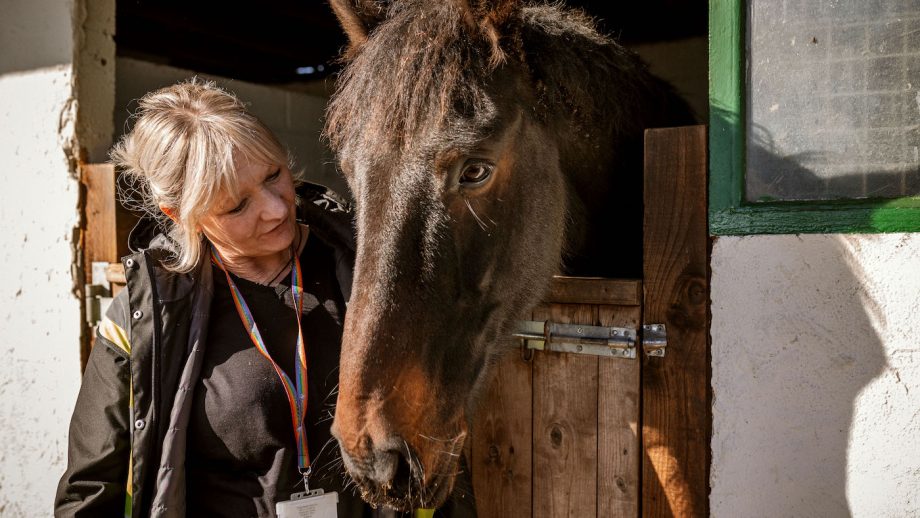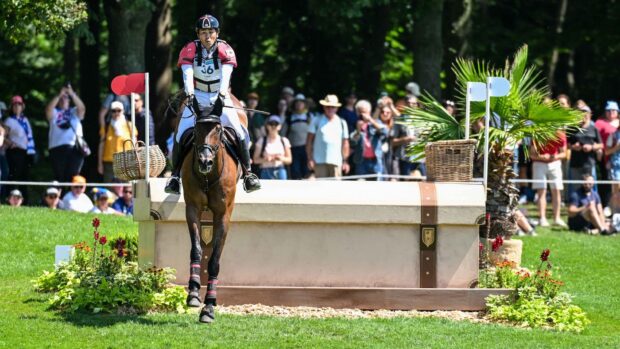1. Championships concern
Campaigners have warned “horses will die”, in response to the rescheduled World Endurance Championships’ move to the UAE. The event will take place at Boudheib International Endurance Village (BIEV), in February. The event had been due to run in Verona in October but the FEI called a stop this as horse and rider safety “could not be guaranteed”. A Clean Endurance spokesman said they had high hopes the FEI would attribute the championships to a venue that not only more closely resembles the terrain the horses have been prepared for, but also “lacks the negative associations in terms of horse welfare and rule infringements the UAE has been known for in the past”.
2. Old traditions and horse lameness

In this week’s magazine (8 December), H&H’s showjumping columnist Graham Fletcher shares his thoughts on the rising cases of horse injuries. Graham says it seems injuries to horses are more common today than they were three or four decades ago – and he said tendon injuries were rare in his competition days, despite how much jumping the horses did. “Top horses are so hard to find nowadays that I can understand people erring on the under-jumping side. Yet that theory is confounded by one of the current top combinations, the great John Whitaker and Equine America Unick Du Francport. Despite doing more shows than most this year, ‘Frank’ has kept his enthusiasm and freshness – a credit to how he’s been produced and managed,” said Graham, who added that as the horse world adopts modern ideas, maybe we shouldn’t discard successful traditions, but take from both.
Read Graham’s exclusive column
3. Frosty grass

As the temperatures plummet, many owners will be waking up to hard frosts, which raises the age-old question, is it safe for horses to eat frosty grass? Vet Kieran O’Brien of Penbode Equine in Devon says horses living out in winter can “happily eat frosted grass every morning for weeks on end without suffering any adverse effect” and “evidence that grass causes colic is only circumstantial”. Keiran says grass will be rapidly warmed up in the horse’s mouth during chewing, and be warmed further as the grass travels down the oesophagus to the stomach.
Read what else Keiran had to say, plus tips to prevent winter colic
You might also be interested in:

Horsey Christmas jumpers you need in your life

From five-stars to Olympics and World and European championships: celebrating Over To You’s amazing career in pictures

‘I can’t have this baby alone’: Home Office tells father-to-be to leave UK in 10 days

The healing power of horses to help more people than ever

Subscribe to Horse & Hound magazine today – and enjoy unlimited website access all year round
Horse & Hound magazine, out every Thursday, is packed with all the latest news and reports, as well as interviews, specials, nostalgia, vet and training advice. Find how you can enjoy the magazine delivered to your door every week, plus options to upgrade your subscription to access our online service that brings you breaking news and reports as well as other benefits.





